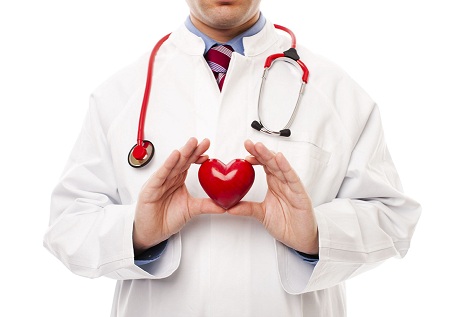Not All Heart Attacks are Alike
Did you know you can have a heart attack and not feel any chest pains? Heart failure and heart disease don’t show the same signs for everyone, especially women. A heart attack—medically known as myocardial infarction—happens when a blood clot blocks flow of blood to the heart muscle.
There are many things that can contribute to a heart attack, including age, heredity, high blood pressure, high cholesterol, obesity, poor diet, alcohol consumption, stress, and physical inactivity.
To recognize a potential heart attack as soon as possible, learn important signs of heart distress
Fatigue & Shortness of Breath
Exhaustion and shortness of breath are two ways your body tells you it needs rest, but it can also be a sign of heart trouble as a response to the extra stress on your heart. If you often feel tired or exhausted for no reason, it could be a sign that something is wrong.
Fatigue and shortness of breath are more common in women and may begin months before a heart attack (AHA, 2013).
Sweating—Day & Night
Sweating more than usual—especially if you aren’t exercising or being active—could be an early warning sign of heart problems. Pumping blood through clogged arteries takes more effort from your heart, so your body will sweat more to try to keep your body temperature down during the extra exertion. If you experience cold sweats or clammy skin, then you should consult your doctor.
Night sweats are also a common symptom for women experiencing heart troubles (IHS, 2012).
Indigestion, Nausea, & Vomiting
Often people begin experiencing mild indigestion and other gastrointestinal problems before a heart attack. Because heart attacks usually occur in older people who typically have more indigestion problems, these symptoms often get dismissed as heartburn or another food-related complication.
If you normally have an iron stomach, indigestion or heart burn could be signaling that something else is going on.
Chest Pain, Pressure, & Discomfort
While chest pains do not occur in every heart attack, they are the most recognizable symptom for good reason. Chest tightness is a common sign of a heart attack. People have described this sensation as feeling like an elephant is standing on their chest. If you experience chest pains or tightness, you or someone around you should call 911 immediately (NHLBI, 2011).
Other Pains Throughout the Body
Pain and tightness can also radiate in other areas of the body. Most people associate a heart attack with pain working its way down the left arm. That can happen, but pain can also appear in other locations, including:
- upper abdomen
- shoulder
- back
- throat
- teeth or jaw
During a Heart Attack
If you think you are having a heart attack, you or someone nearby should call 911 immediately. If you’ve been prescribed heart medication and experience heart troubles, follow your doctor’s instructions. Even something as simple as taking aspirin can prevent the clot from becoming worse (AHA, 2012). If treatment of the blockage can be administered within a couple of hours of the onset of symptoms, the risk of severe damage to the heart is lowered.
[Healthline]

